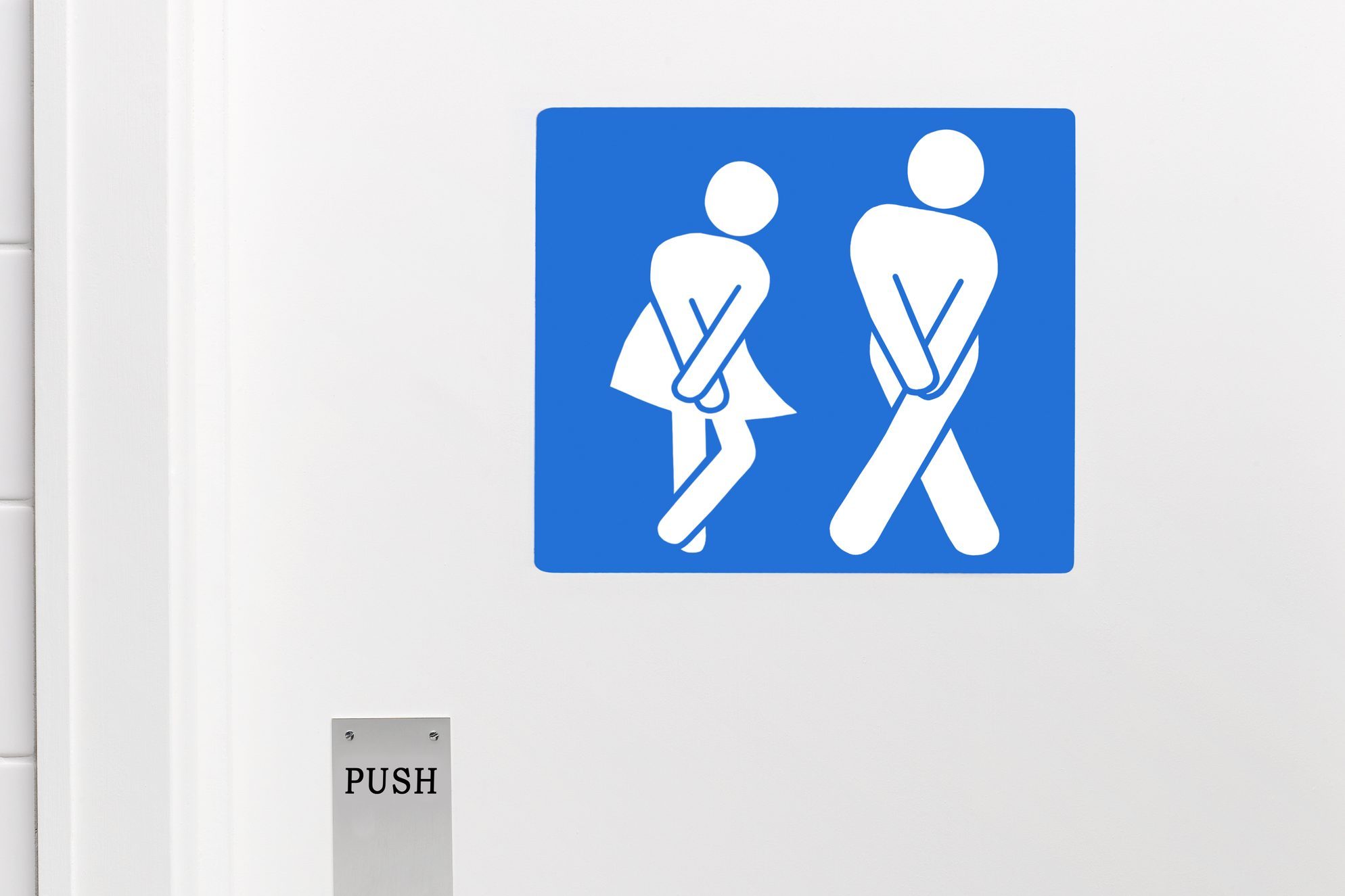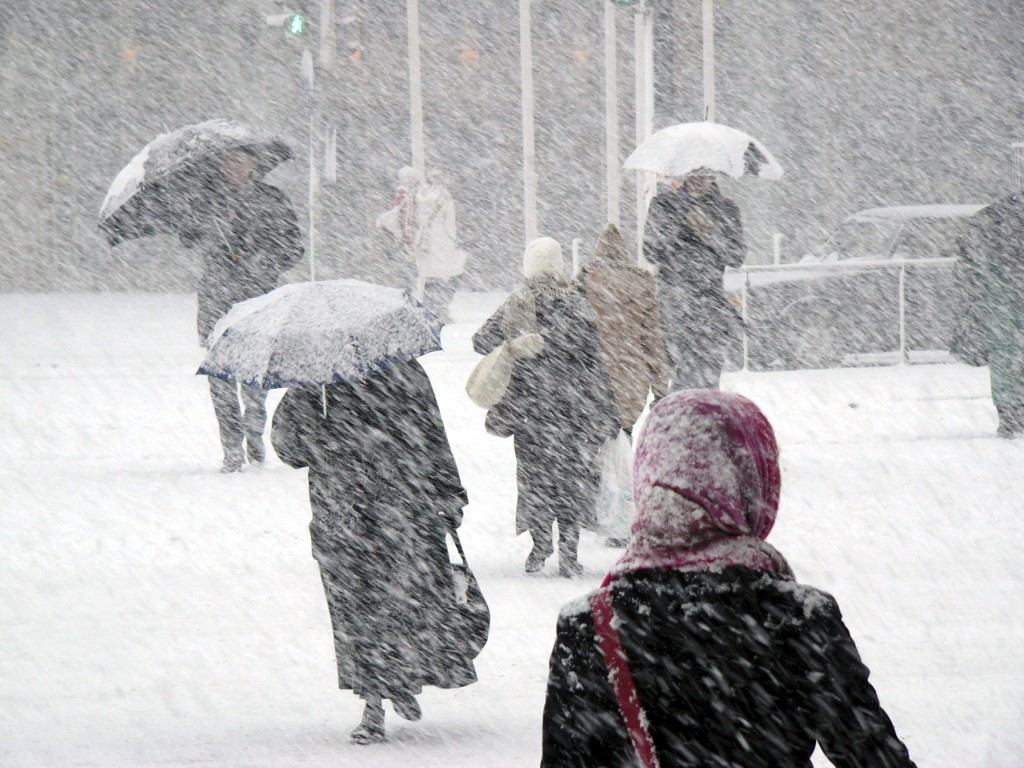
The Reason We Pee More In Wet and Colder Months
2023-01-31 22:00
The Reason We Pee More In Wet and Colder Months
Your overactive bladder symptoms may be under control in the summer. But winter is here, and you seem to have to go to the bathroom frequently again, worrying about leaks and accidents. The weather seems to be the culprit, but that's unlikely, is it?
This sounds familiar, and you might be surprised to learn that frequent urination in cold weather isn't exactly what you think it is. It's a well-documented medical phenomenon that people ask, "Does cold weather make you pee more?"

Why Do We Pee More In Wet and Cold Months?
One of the biggest reasons we urinate more during the wet and cold months is because our bodies need to expel excess fluid. In order for your body to function properly, you expel liquid waste through a combination of urine and sweat. During the summer months, it's hot, so you sweat more. Once the cold weather arrives, you may be able to sweat less, which in turn reduces the amount of fluid that comes out. The extra fluid needs to go somewhere, so your body produces more urine.
People who do not have incontinence problems may only notice a slight effect from the temperature change. For people with overactive bladder, a type of urinary incontinence, cold weather can worsen symptoms of frequent and urgent urination.
Overactive bladder (OAB) is a contraction of the bladder muscles, indicating the need to urinate even if the bladder is full. More urine production means your bladder fills up faster, causing you to need to use the toilet more and increasing the likelihood of leaks.

Dealing With Overactive Bladder In Cold Weather
Self-care and incontinence protection products to help you manage the symptoms of overactive bladder. Follow these tips to manage OAB during the colder months.
Pay Attention To Diet
Bladder irritation exacerbates the urgency and frequency of urination associated with OAB. Caffeine, citrus, artificial sweeteners, spicy foods, and other foods and drinks can cause bladder inflammation. Keeping a food journal can help you identify foods to avoid or reduce during the cold winter months.
Stay Hydrated
Your fluid intake can affect your urine output. Drinking too much water can worsen incontinence problems by increasing urine volume and causing the bladder to fill too quickly.
But cutting back too much isn't healthy either. Dehydration can make urine thicker and cause bladder irritation. In addition, dehydration can disrupt the body's natural salt balance, causing a variety of symptoms -- from fatigue to dizziness. You can discuss with your doctor how much water you should drink each day to stay hydrated.
Use Incontinence Products
Effective incontinence protection products can protect you from wet clothing in the event of spills and accidents. Bladder protection products have varying degrees of absorbability. For example, Xili Hygiene disposable adult diaper briefs, can hold up to six cups of urine to provide protection at night.
You can try putting incontinence pads into your regular underwear or incontinence adult diaper. Wearing incontinence protection during the winter can help women and men feel more confident about being outside and suddenly having to pee.
Practice Good Hygiene
Urinary incontinence can cause skin irritation and unpleasant body odor. Fortunately, good hygiene and skin care can reduce the risk of both conditions. Replace the incontinence product as soon as possible after a leak or accident. Use a cleaning spray or flushable wipes to clean your skin. When irritation occurs, apply a barrier cream to lock in moisture and protect the skin. You may need to add a moisturizing skin cream to keep your skin moisturized.
When you change your bladder protection pad or underwear, dispose of it properly. Put pads or underwear in disposable, biodegradable bags before throwing them in the trash. Avoid rinsing used incontinence products. If you dispose of incontinence products properly, taking out the trash regularly can reduce the likelihood of odors.
Get the latest price? We'll respond as soon as possible(within 12 hours)















